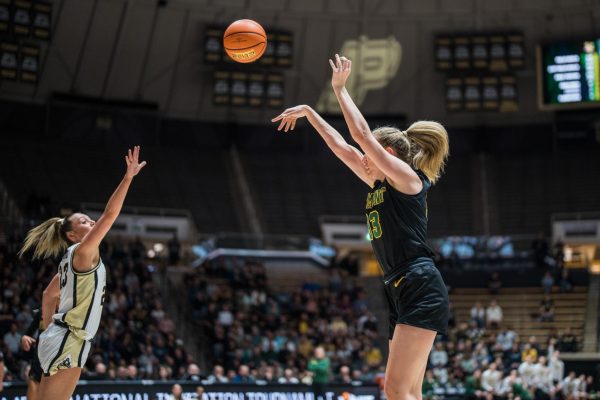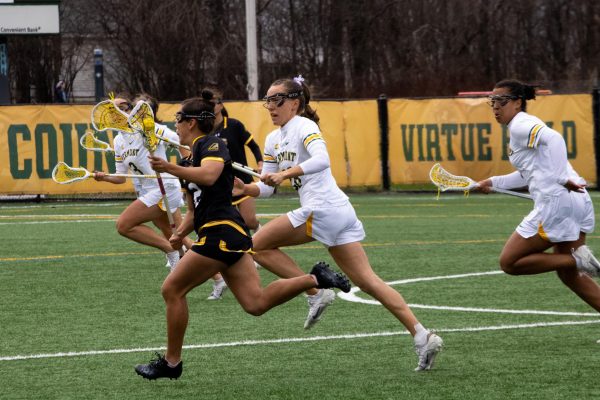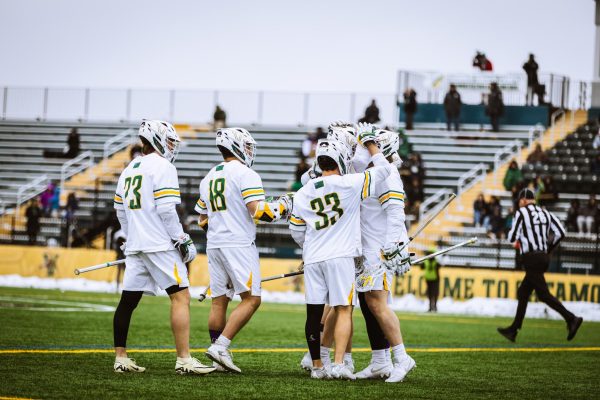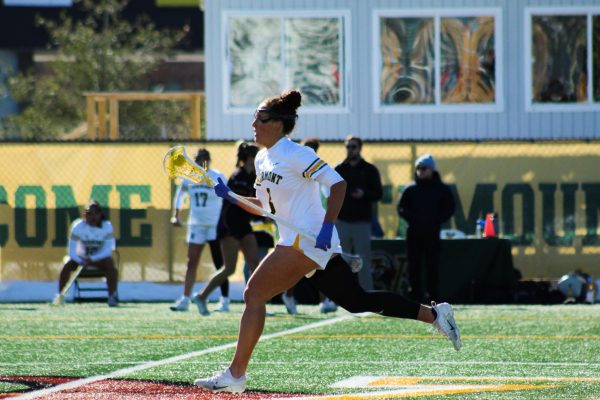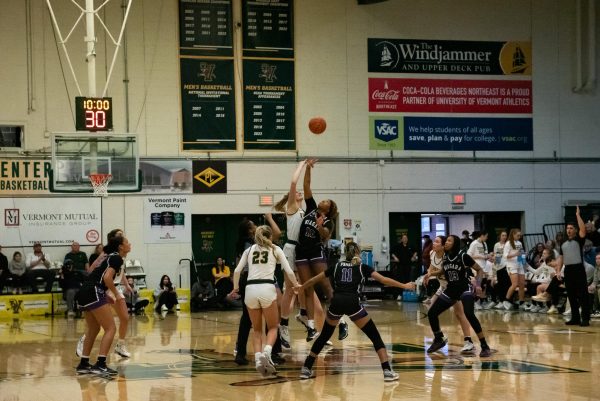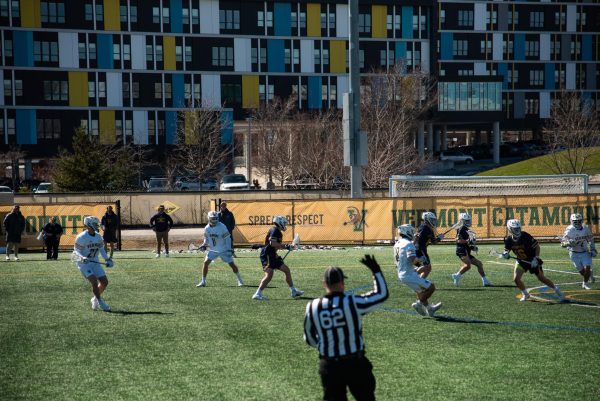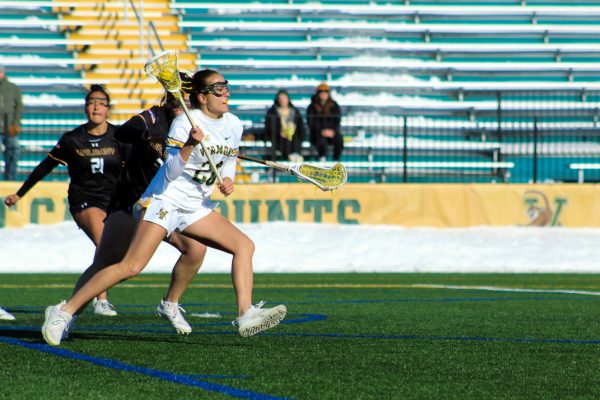Powerhouse teams using payouts to purchase wins
In the early stages of the 2013 basketball season, the Catamount men’s basketball team traveled to Durham, North Carolina to take on the then-No. 6 Duke University Blue Devils.
Duke expected an easy win against the Catamounts to help start their season, but they were given all they could handle before eventually pulling out a 91-90 win, aided in part by a questionable foul call in the final seconds.
Perhaps instead of asking why Vermont lost this game to Duke, we should be asking why the Catamounts were playing Duke in the first place.
One could question whether this was representative of a concerning trend in collegiate athletics, where successful, nationally-ranked programs can offer a monetary incentive to less competitive teams in order to add “easy wins” to the beginning of their schedules.
This process has been popularized by numerous college football programs, who in some cases pay out six-figure sums to lower-level programs in order to host a game against these lesser teams.
The revenue made from ticket sales and advertisements for these games often make these payouts negligible to national powerhouse teams.
One of the most notable cases took place in 2012, when Savannah State University traveled to Oklahoma State University.
Savannah State received a payout of $385,000 for this game, according to the New York Daily News.
They returned home to Savannah not only with a six-figure check, but with an embarrassing 84-0 loss on their record.
Payouts are inherently unfair to both teams involved. There’s a reason why there are weight classes in boxing: to ensure that all of the competitions are fundamentally fair.
This is where the NCAA should step in and eliminate this practice.
Athletic programs should only be allowed to play schools of a similar skill to their own.
If schools want to continue to ‘beat up’ on their little brother programs, their wins should not count towards their overall record or bowl eligibility.
It’s only fair, and doing so would uphold the integrity of a team’s record.




